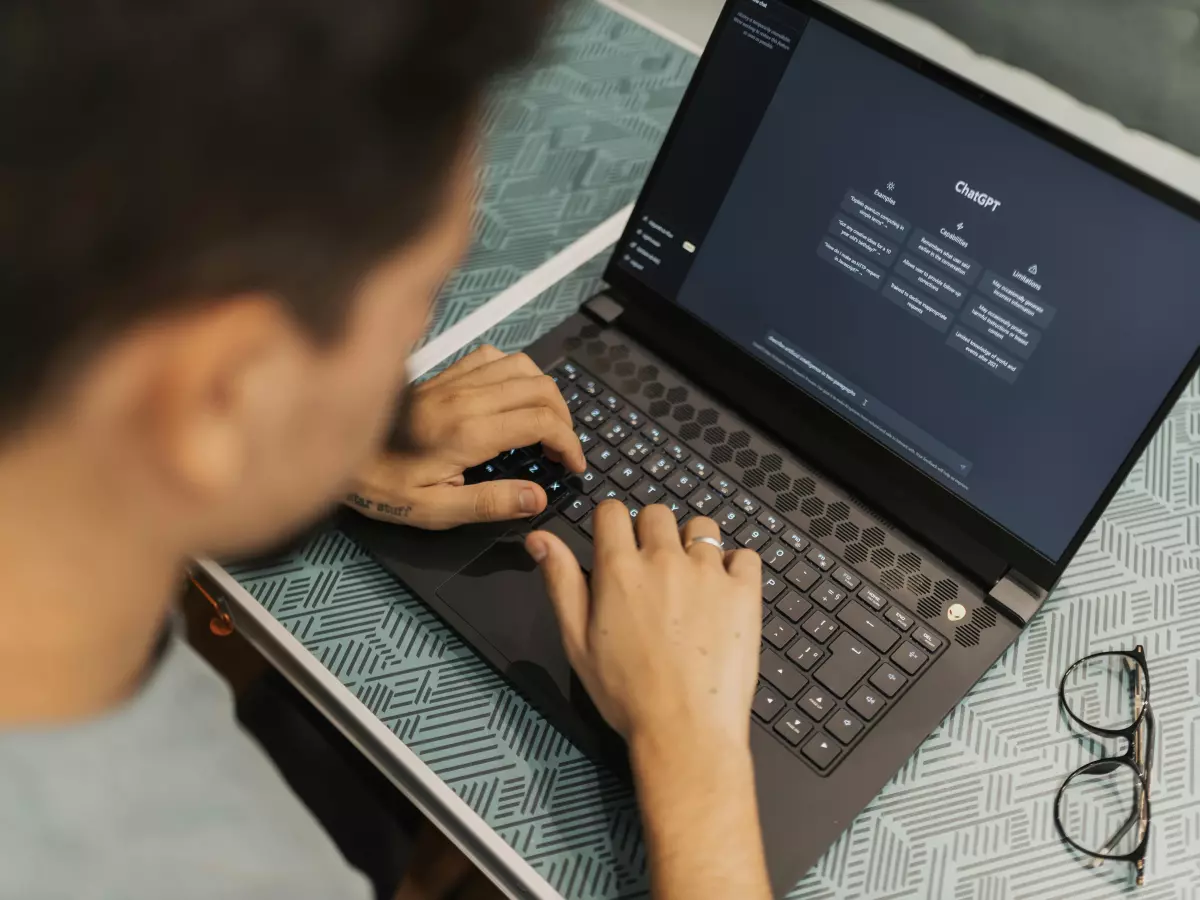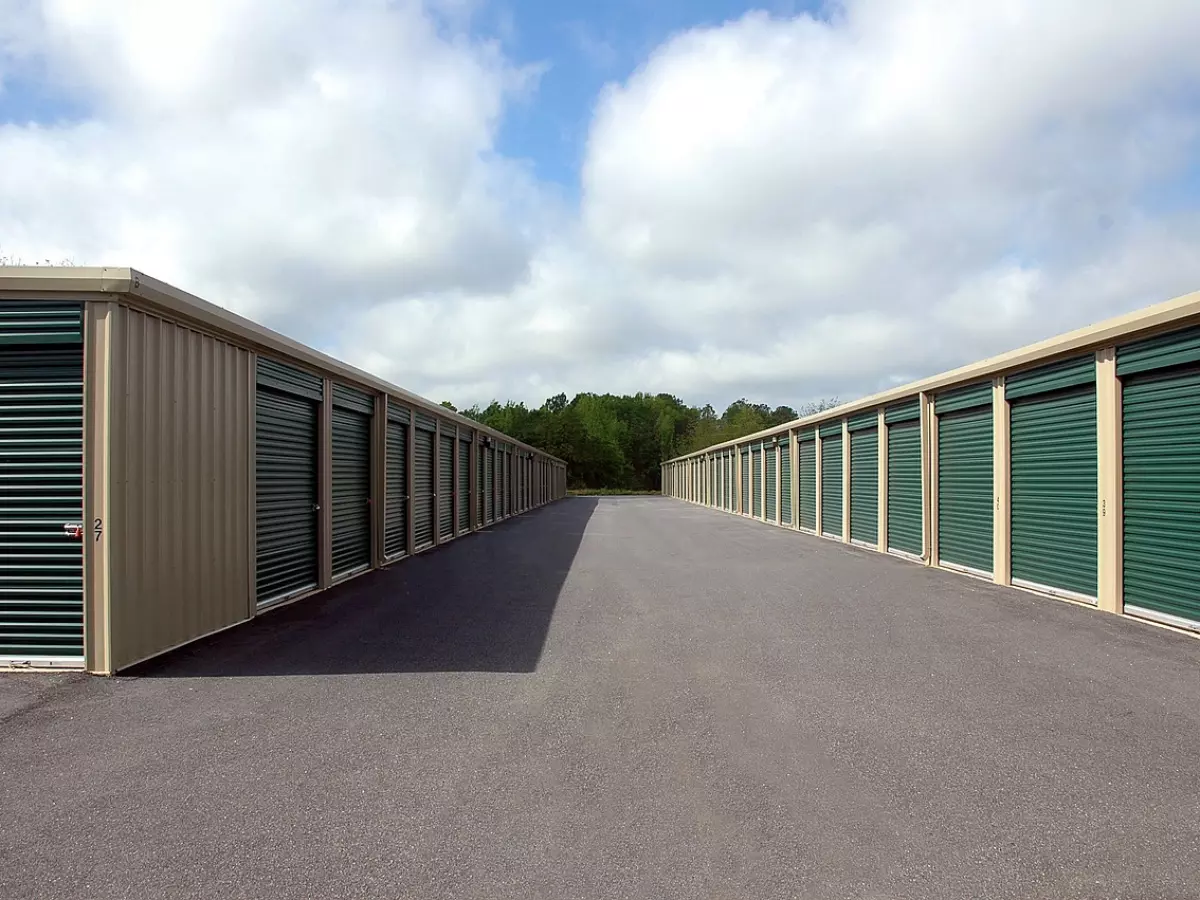What's Really Slowing You Down?
Remember when the processor was the ultimate bragging right for any gadget? Whether it was your smartphone, laptop, or even your smartwatch, the processor was the crown jewel of tech specs. But here's the kicker: in 2026, that shiny processor might not be the thing holding your device back anymore. In fact, it could be something far less glamorous.

By Marcus Liu
For years, the tech world has been obsessed with processor speed. We’ve all been there—comparing GHz and cores like they were the only numbers that mattered. But as devices get more advanced, it turns out that the processor is no longer the sole bottleneck in your gadget’s performance. In fact, it might not even be the main one.
Let’s break it down. Sure, the processor is still important, but modern gadgets are so much more than just their CPU. You’ve got RAM, storage, GPU, and even software optimizations all working together—or sometimes, not working together. And when they don’t, that’s when you start to notice lag, stuttering, or just plain slow performance.
Storage: The Silent Culprit
One of the biggest culprits behind slow performance? Storage. Yep, that SSD or eMMC storage that no one really talks about. It’s easy to overlook, but if your device is constantly reading and writing data, slow storage can bring even the fastest processor to its knees. Think of it like trying to run a marathon in flip-flops. You might have the stamina (processor power), but if your shoes (storage) aren’t up to the task, you're not going anywhere fast.
Take smartphones, for example. A flagship phone with a top-tier processor can still feel sluggish if it’s using slower storage technology. That’s why you’ll often see premium devices boasting about UFS 3.1 or UFS 4.0 storage—it’s not just marketing fluff. Faster storage means quicker app launches, faster file transfers, and smoother multitasking.
RAM: More Isn't Always Better
Another sneaky bottleneck? RAM. Now, I know what you’re thinking: “But Marcus, didn’t you just say RAM might be overkill in a previous article?” And yes, I did. But here’s the twist—while having too much RAM can be unnecessary for most users, having too little can be a nightmare. It’s all about balance.
If your device doesn’t have enough RAM to handle all the apps, processes, and background tasks it’s juggling, it’ll start relying on virtual memory (aka your storage). And as we just discussed, if your storage is slow, your whole device will feel like it’s moving through molasses. So yeah, RAM matters—but only up to a point.
Software Optimization: The Invisible Hand
Then there’s the software. You could have the best hardware in the world, but if your software isn’t optimized, it’s like putting a Ferrari engine in a go-kart. It just doesn’t work. This is especially true for smartphones, where manufacturers often slap on custom skins or bloatware that bog down performance.
Take Android vs. iOS, for example. Apple’s iPhones often have fewer cores and less RAM than their Android counterparts, but they still manage to run smoother. Why? Because Apple controls both the hardware and software, allowing for tighter optimization. Meanwhile, Android manufacturers have to work with a more fragmented ecosystem, which can lead to inefficiencies.
Thermal Throttling: The Hidden Enemy
And let’s not forget about thermal throttling. If your device gets too hot, it’ll start slowing down to prevent overheating. This is especially common in laptops and gaming devices, where high-performance tasks can generate a lot of heat. So even if your processor is capable of running at full speed, it might not be able to sustain that performance for long if your cooling system isn’t up to snuff.
Ironically, the more powerful your processor, the more likely it is to generate heat—and the more likely it is to throttle. So in a weird twist, having a super-fast processor could actually lead to slower performance in the long run if your device can’t keep its cool.
So, What’s the Real Bottleneck?
At the end of the day, there’s no single answer to what’s slowing down your gadget. It’s a combination of factors—storage, RAM, software, and even heat management—that all play a role. The processor might be the star of the show, but it’s the supporting cast that often determines whether your device runs smoothly or grinds to a halt.
So next time you’re shopping for a new gadget, don’t just focus on the processor. Look at the whole package. Because in 2026, it’s not just about how fast your CPU is—it’s about how well everything works together.





